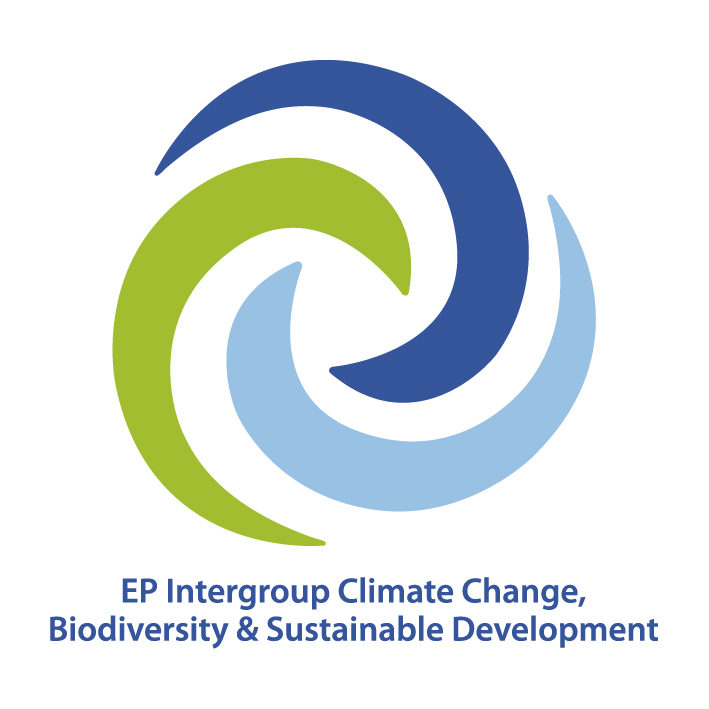
Hybrid Event: Enabling the EU hydrogen economy – How to make it happen?
Thursday 13 October 2022, 11:30 – 12:30 CEST
European Parliament, Brussels, Room JAN 6Q1 / online
Hybrid event hosted by MEP Maria Spyraki
Co-Chair of the European Parliament Intergroup on ‘Climate Change, Biodiversity and Sustainable Development‘
EVENT REGISTRATION:
- If you would like to join the event online, please fill in the Online Attendance Registration Form.
- Registration for physical participation to the event is now closed.
In the current geopolitical context, the green transition and the energy supply independency has become more crucial than ever in Europe. Clearly, renewables are the main pillar of the green transition and the EU will have to ensure a smooth transition across Member States to phase out fossil fuels in the medium term, as well as to provide an enabling framework and incentives for companies committing to scale up renewable projects. The Commission is seeking to boost renewables in the EU in order to achieve a reduction of net greenhouse gas emissions by at least 55% by 2030 and climate neutrality by 2050. Released in July 2021, the legislative package “Fit for 55” of the Commission also includes the review of the Renewable Energy Directive with a more ambitious target of at least 40% of renewable energy sources in the overall energy mix. On the 18th of May, the Commission published REPowerEU Plan, in order to set out a strategy to phase out the European Union’s dependence on Russian fossil fuels and accelerate the green transition. The strategy, which promises to mobilize €300bn in EU funds, includes an increased 2030 target for renewables from 40% to 45%.
Amongst the most promising low to zero emissions energy carriers, hydrogen is gaining more traction in the political debate and policy makers are in the process of setting out the pathway to scale up the hydrogen capacity in the EU. As a matter of fact, the strongest asset of hydrogen is its high energy content (far higher than any other fossil fuel currently in use). Several industry actors are investing in clean (blue and green) hydrogen projects in the EU, to ensure we are ready to meet the climate objectives and the green transition.
However, EU industries are faced with high uncertainty due to the current geopolitical context with high energy prices, disrupted supply chains, in addition to the challenges to scale up hydrogen projects; as a result this event will address the challenges and opportunities regarding boosting the uptake of hydrogen in the context of the EU Green Deal ambitions, specifically looking at the below questions:
- Are renewable energy targets the right tool to enable renewables uptake in the EU? How to make them fit for purpose?
- What can be done to accelerate the uptake of clean hydrogen towards 2030?
- What role for public private partnerships and value chains?
- How to ensure a level playing field between renewable hydrogen versus non-sustainable alternatives?
- How to boost demand for clean hydrogen in the EU?
AGENDA
11:30 – 11:35: Welcome remarks by MEP Maria Spyraki
11:35 – 12:10: Panel discussion with the participation of:
- Kitti Nyitrai, Head of Unit C2 on ‘Decarbonization and sustainability of energy sources’, DG ENER, European Commission
- Magnus Ankarstrand, President, Yara Clean Ammonia
- Geert Decock, Electricity and Energy Manager, Transport & Environment
- Cor Leguijt, Energy & Fuels Manager and Clean Gases Team Leader, CE Delft
- Yelda Guven, Senior Director, Policy, ExxonMobil
12:10 – 12:15: Reaction from MEP Cristophe Grudler (video-message intervention)
12:15 – 12:25: Q&A session with the audience
12:25 – 12:30: Closing remarks by MEP Maria Spyraki


Venue
Webex